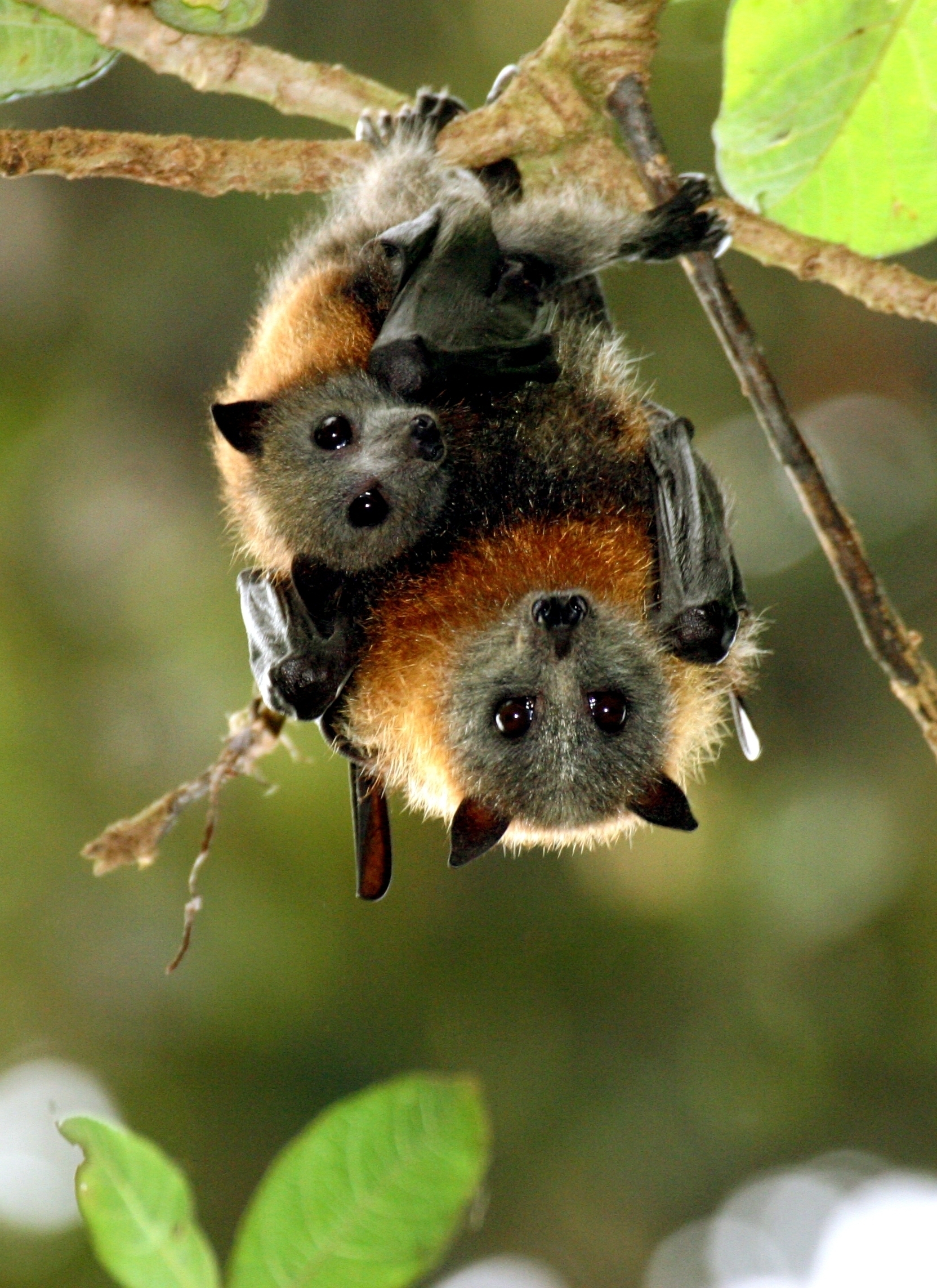A plan for Flying-fox management on the MidCoast
Published on 12 August 2021

MidCoast Council now has a regional Flying-fox camp management plan, after it was unanimously adopted at the most recent Council meeting.
Following different community consultation events and the collation of online survey results, a plan was prepared with funding assistance provided by the NSW Department of Planning, Industry and Environment, to guide the future management of flying-fox camps within the MidCoast region.
The draft plan was placed on public exhibition for six weeks, prior to the council meeting and resulted in amendments to the draft following feedback received.
There are 18 known flying-fox camps across the region and while the plan considers all camps, five in particular were the focus.
Camps at Karloo Street Reserve, Cocos Crescent Reserve, Pacific Palms, Smiths Lake and Hawks Nest are all located at least partially on Council owned land and adjacent to residential areas.
Council’s management plan will guide flying-fox management at each camp, including reducing conflicts with nearby residents, while protecting important biodivserity.
“The plan will help Council obtain approvals for on-ground works and also apply for State and federal funding,” explained Nicholas Colman, MidCoast Council’s Environmental Projects Officer.
“Ultimately we want to reduce the impacts the camps have on the local community by providing support programs for neighbouring residents”.
“We understand that living near a camp can be difficult at times but we’re committed to helping everyone coexist and ensure these protected species are safeguarded.”
To find out more about the location of these camps, the different types of flying fox species in Australia and to view the adopted plan head to Council’s Have Your Say website: https://haveyoursay.midcoast.nsw.gov.au/flying-fox-camp-management-plan